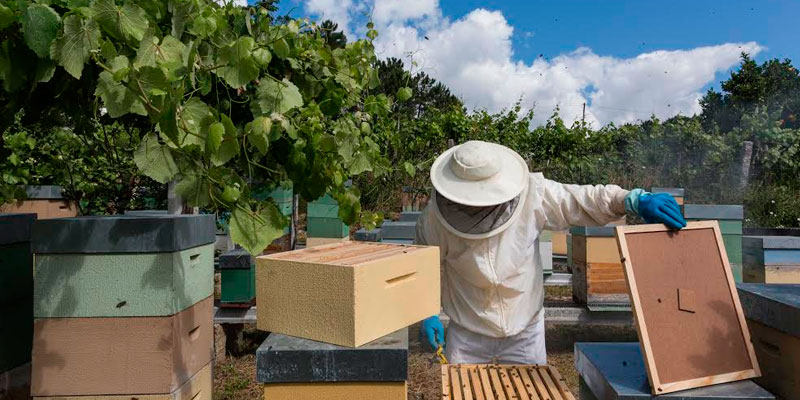Exhibition.01
Those Who Stay
João Gigante Portugal, 2019

The place where we are born often becomes a place of passage, where we add up different parts of what is our way of being. Prado and Remoães are, in the context of this photographic work, like a narrative about the geography of the gaze, a thought about the constant changes of the territory, in its form and the relation between those who inhabit it.
During field work there is a first contact with this idea of place of passage to another place. At the entrance to Melgaço, roads are "collected" that, over time, dictate its cultural, social and economic metamorphosis. As an author, I am interested in thinking on the people who were part of this territory; but also, nowadays, about those who stay in order to recreate and draw the new lines that define it, the organic and the daily movements that turn this geography into an inhabited space. From the younger to the older, there is a need to reinvent everyday life as a daily game of interrelationships.
As Liz Wells writes, the photographic image "works topographically and metaphorically": "Those Who Stay" emerges as a drawing of the landscape, a narrative inscription of everyday life. The focus is broadly on the people who develop and involve their lives and their work within this "game". Three roads, cafés, the alvarinho, agriculture, animals, people and all that these actions awaken in an active daily quotidian and thought by necessity.
To live in a place of passage and every day turn this territory into the center of a new journey.
- Date: 29 July / 31 August 2019
- Location: Casa da Cultura
